Poetry is about the grief. Politics is about the grievance
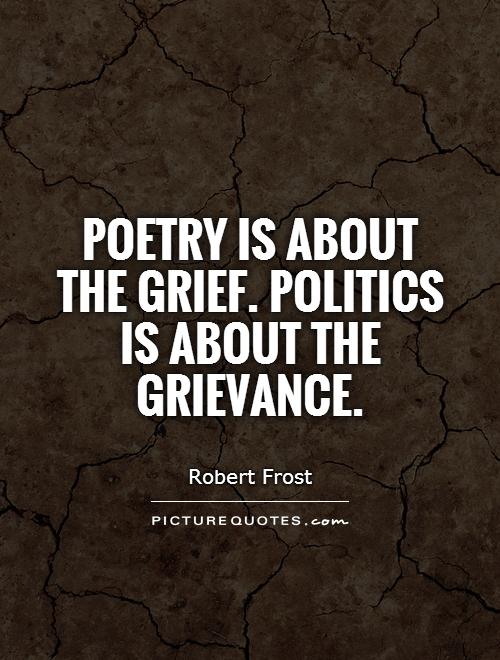
Poetry is about the grief. Politics is about the grievance
Robert Frost, one of the most celebrated American poets of the 20th century, once said, “Poetry is about the grief. Politics is about the grievance.” This statement encapsulates the essence of Frost’s work and sheds light on the different ways in which poetry and politics address human suffering and discontent.Frost’s poetry often delves into themes of loss, longing, and the inevitability of death. His poems, such as “Stopping by Woods on a Snowy Evening” and “The Road Not Taken,” explore the complexities of human emotions and the transient nature of life. In these works, Frost captures the essence of grief – the deep sorrow and melancholy that accompanies the human experience. Through his evocative language and vivid imagery, Frost invites readers to confront their own feelings of loss and to reflect on the fragility of existence.
On the other hand, politics deals with the grievances of society – the injustices, inequalities, and conflicts that plague human interactions. While poetry may offer solace and introspection in the face of grief, politics seeks to address the root causes of grievances and to enact change on a societal level. Political movements, protests, and revolutions are often fueled by a sense of injustice and a desire for reform. In this sense, politics is about channeling grievances into action and advocating for social change.
Frost’s distinction between poetry and politics highlights the different ways in which art and activism can engage with human suffering. While poetry may provide a space for contemplation and emotional expression, politics seeks to address systemic issues and bring about tangible change. However, both poetry and politics have the power to inspire and mobilize individuals to confront their grief and grievances, and to work towards a more just and compassionate society.

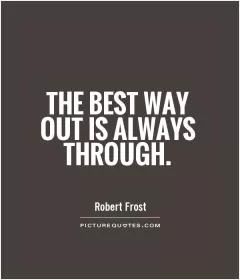
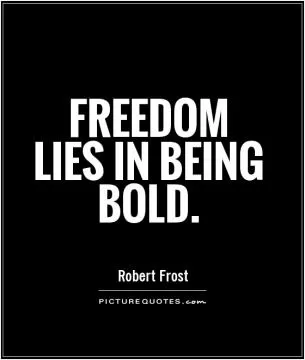
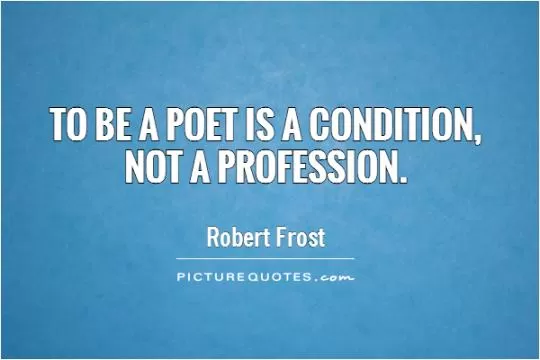
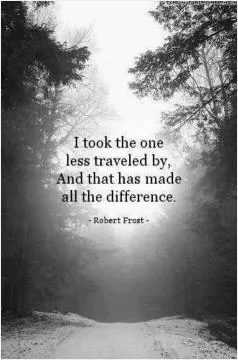
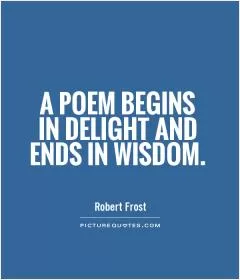

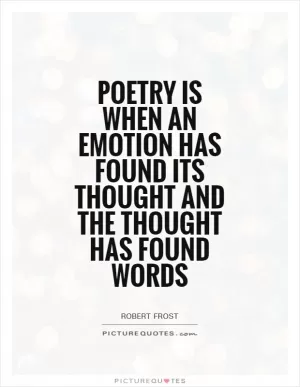
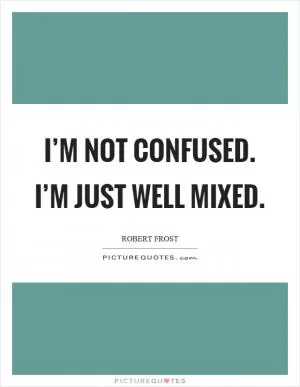
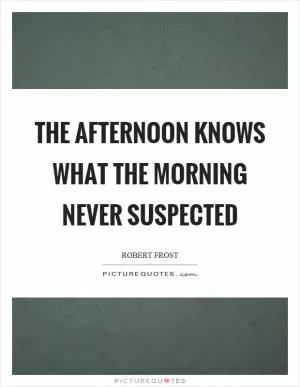
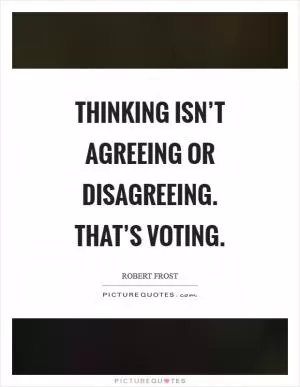
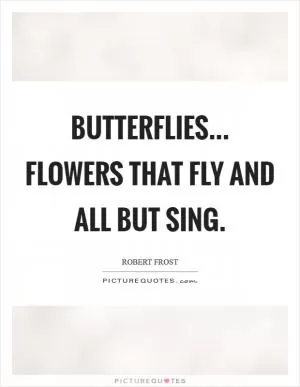
 Friendship Quotes
Friendship Quotes Love Quotes
Love Quotes Life Quotes
Life Quotes Funny Quotes
Funny Quotes Motivational Quotes
Motivational Quotes Inspirational Quotes
Inspirational Quotes